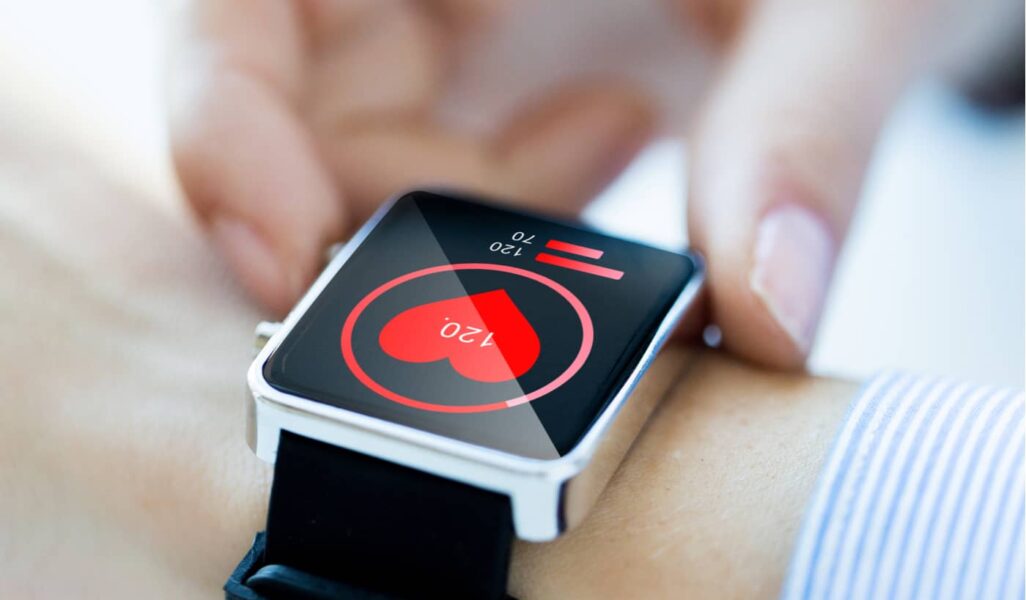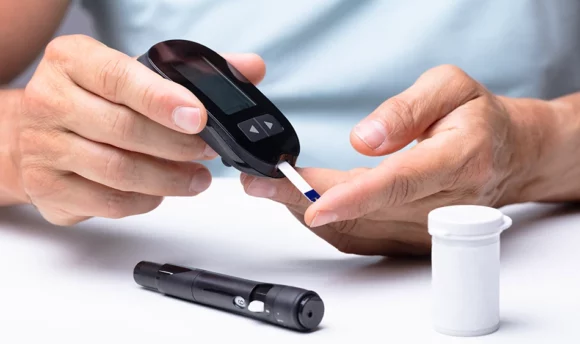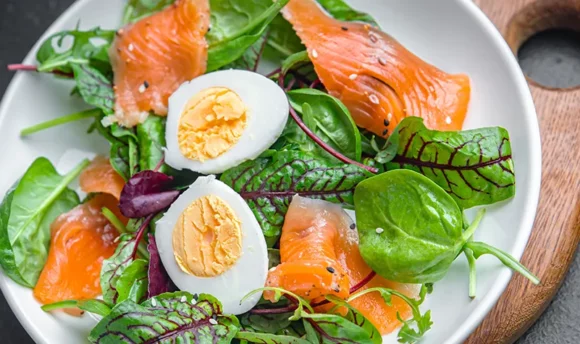Why Is My Heart Rate Higher on the Keto Diet Even When I Am at Rest?
Just started a new diet and you are already feeling that your heart rate is higher. Should you be concerned?

Every day more and more people are joining a healthy lifestyle through a ketogenic diet. This is thanks to the multiple benefits that have been demonstrated by the reduction of carb intake in our meals.
What most people don’t expect is that changing habits to lose weight involves going through a series of annoying symptoms that may make you think you’re on the wrong track.
High heart palpitations are one of them. Experiencing your heart rate higher than usual may cause concern, especially when you are looking to feel better.
It’s scary to think that we’re damaging our heart because of the high levels of fat consumed on the keto diet. However, that’s far from the truth.
The reality is that a higher heart rate is transitory and has an explanation. At Health Reporter, we’ve gathered the information you need to understand this and other symptoms you may feel during the first few weeks of the ketogenic diet.
What Causes a Higher Heart Rate on Keto?
Under normal conditions, you only notice your heart palpitations when you become aware of them.
But, when they are elevated, you may be able to feel them easily and you may even experience abnormal, unrhythmic movements.
It is not easy to remain calm about such an unusual symptom, especially if it is accompanied by other ailments. Here’s what you may feel.
- Pounding heart
- Chest pain
- Fatigue
- Dizziness
- Shortness of breath
- Dehydration
You are probably thinking, is it worth all that discomfort? Why should I risk experiencing all that if what I want is to feel better?
There are some tricks you should take into account to completely avoid these symptoms or at least make them less annoying and disappear faster
Higher Heart Rate and the Keto Diet
While this symptom is not felt by all keto followers, it is important to be aware of your heart palpitations so that it does not take you by surprise.
If you are an active person, you will know that the body needs to adjust when you change your usual routine. But, if this is the first time you want to go into ketosis, you will face different reactions from your body that will be new to you. Staying calm is key.
The intensity of the symptoms you may experience during a low-carb diet depends on many personal factors. Know that this is part of the adaptation process and that it will soon resolve if you do the diet correctly.
If you are hypertensive, you should always consult your doctor to check your blood pressure and rule out cardiovascular risk factors.
How to Avoid a Higher Heart Rate on Keto?
The solution to this problem is at your disposal. If you are suffering from any of the above symptoms, check out these recommendations so that you can effectively get rid of them:
#1 Drink lots of water
Stay hydrated as this is essential for all body functions.
Staying hydrated is not just about drinking water. Electrolytes are also important, especially salt. If you’re not getting enough salt intake in your diet, chances are your heart palpitations will start to rise.
It’s a good idea to support your ketogenic diet with a supplement that offers other electrolytes in addition to salt.
#2 Higher carbohydrate intake
During the keto diet, you should keep your carbohydrate intake low; however, you should consume enough to prevent dehydration.
Carbohydrates help keep water in the body, and when you eat a low-carb diet, you can see your fluids flowing out of your body very quickly. That is why in the first week of a keto diet, the weight loss is noticeable.
This can lead to keto flu symptoms. You may feel like you have a cold, runny nose, fatigue, and a headache.
Adjust your carbohydrate intake by adding more fibrous vegetables to your meals and fruits such as blueberries or strawberries but be aware that you can only consume various berries in moderation as they are relatively high in carbs.
#3 Be patient
You are probably anxious to see your results, and this extra anxiety makes your heart palpitations more noticeable.
Remember that you are in a transition stage, and you must respect the time your body needs to adapt. After that, your transformation will begin.
A Word From Our MD
Your heart is something you need to take care of at all times, not just during the ketogenic diet. If you are experiencing a higher heart rate, you should be aware of the intensity and duration of the symptoms.
While elevated palpitations are common at the beginning of the ketogenic diet, consult your doctor if you have any of these symptoms:
- Severe chest pain
- High blood pressure
- Blurred vision and dizziness
- Cold sweats
- Restlessness and trouble sleeping
- Elevated palpitations followed by vomiting
If, on the other hand, despite experiencing a higher heart rate you feel fine, can sleep and breathe easily, rest assured that your symptoms will soon disappear.
Conclusion
What every keto dieter should know is that at the beginning of a low-carb and high-fat diet, the body begins to send signals that are difficult to understand.
There is no need to panic, as the solution is simple, and the symptoms do not represent any threat.
If you suspect you have heart disease, you should always seek professional help so that you can follow your diet with confidence.
Avoiding dehydration and lack of salt are key points to avoid high heart palpitations. In addition, ensuring your water and electrolyte intake will also prevent other symptoms such as muscle cramps and headaches.

















































 Select your language:
Select your language: 








